In the middle of the crowded dance floor, sweaty bodies forcing her to shift unstably, Katie pulled out a bag of pills. She started doling them out, placing a few in each of her friends' clammy palms. These weren't party pills. They weren't going to get the girls high or help them to hallucinate; these pills were supposed to protect their brains.
Katie, who obviously prefers not to use her full name because her drug use could jeopardise her role at work, was handing out supplements-over-the-counter vitamins, antioxidants, and enzymes-known in the recreational drug community to enhance the effects of, protect against the neurotoxicity and minimize side effects of MDMA. Similarly, Alice recalls how her best friend bought her a pot of 5-HTP pills in Holland and Barrett as a birthday present before a particularly heavy weekend.
Both Katie and Alice represent a new and increasingly common kind of psychoactive drug user: one who still wants to turn on, tune in and drop out, but is seriously health conscious, concerned about both the short term come down and longer term potential fall out of their drug taking. These users respect the powerful chemicals crossing their blood-brain barrier and are taking steps to reduce any permanent damage. But are their efforts in vain?
According to the Office for National Statistics , about one in 20, 16- to 24-year-olds report having taken ecstasy in the past 12 months. It was the third most popular recreational illegal drug after cannabis and cocaine. While MDMA is now being celebrated for its purported therapeutic capabilities, it has inspired an intense supplement regimen because of its reputation as one of the most neurotoxic recreational drugs, the thinking that it can cause long term cognitive impairment. While scientists agree that high doses can cause brain damage in rodents, and certain forms of MDMA are more neurotoxic than others studies on lower recreational doses hasn't been conclusive.
**READ MORE: Natural Anti-Depressants **
Discover: Natural Anti Depressants
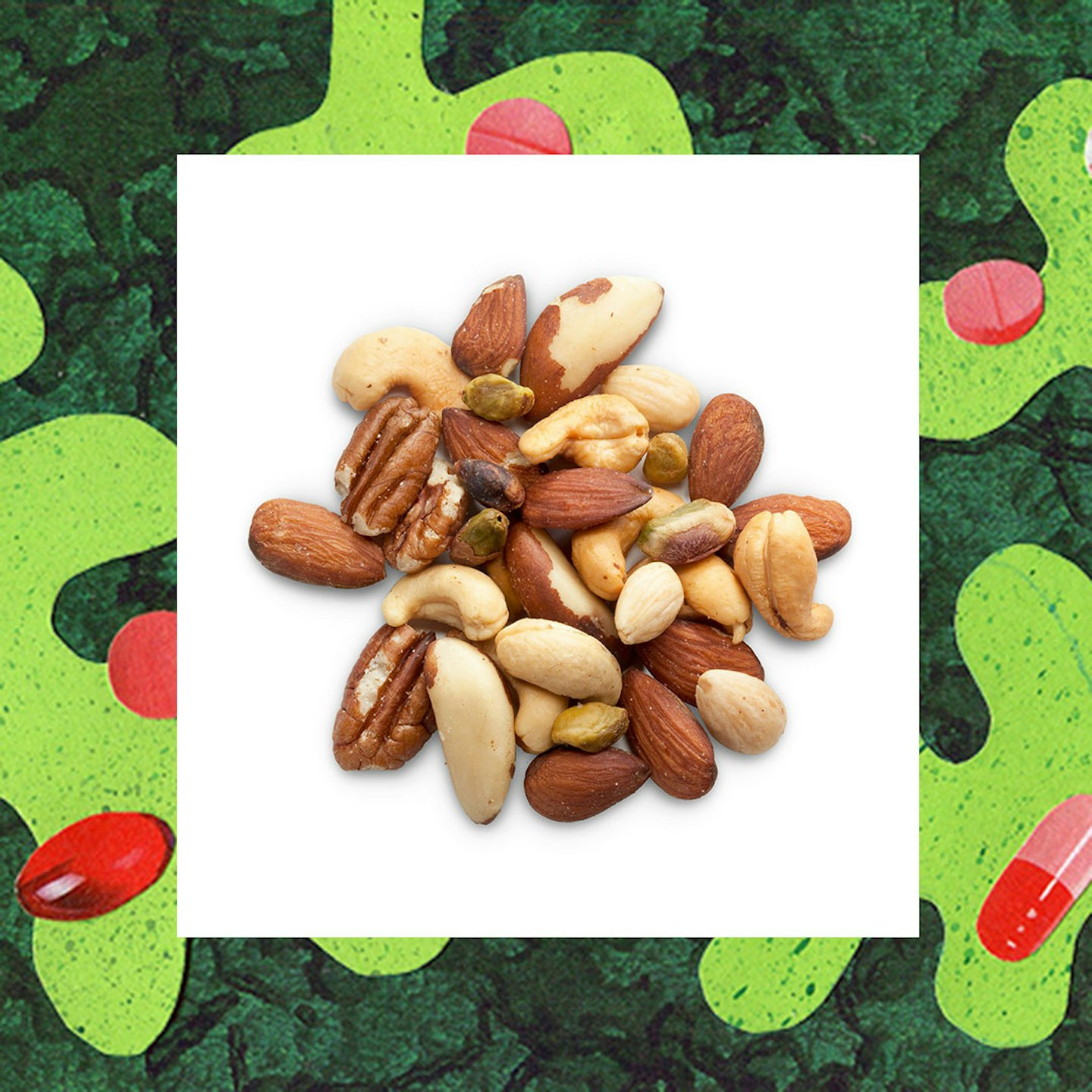 1 of 11
1 of 11Omega 3
Omega-3 fatty acids are essential minerals which reduce inflammation and are vital to brain functions such as mood and memory. Your body doesn't produce them naturally so you can only get them in you via food (like fish, nuts and seeds) or dietary supplements.
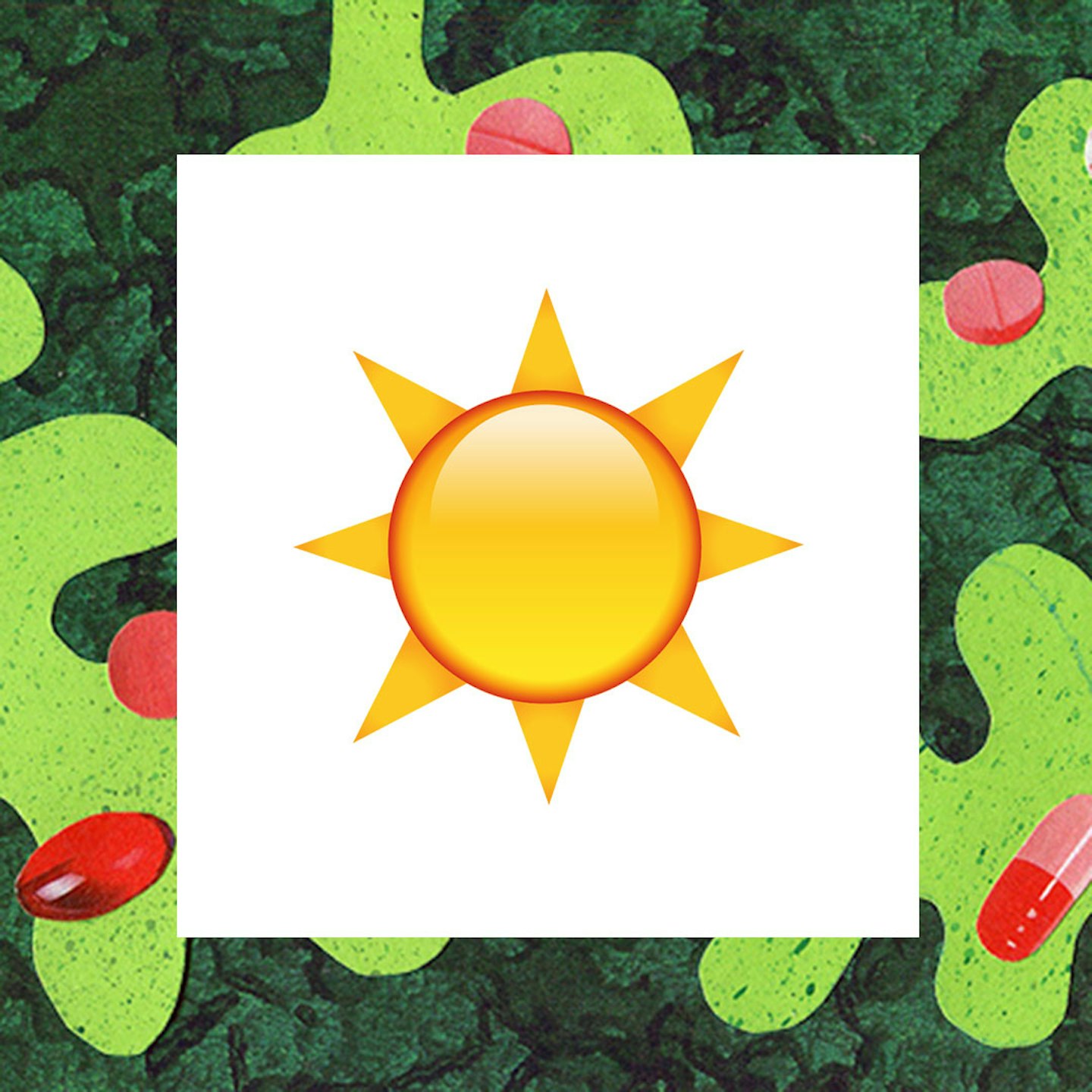 2 of 11
2 of 11Vitamin D
In addition to bone health, Vitamin D can play a vital role in the areas of the brain that are linked to the development of depression and other mental health problems.
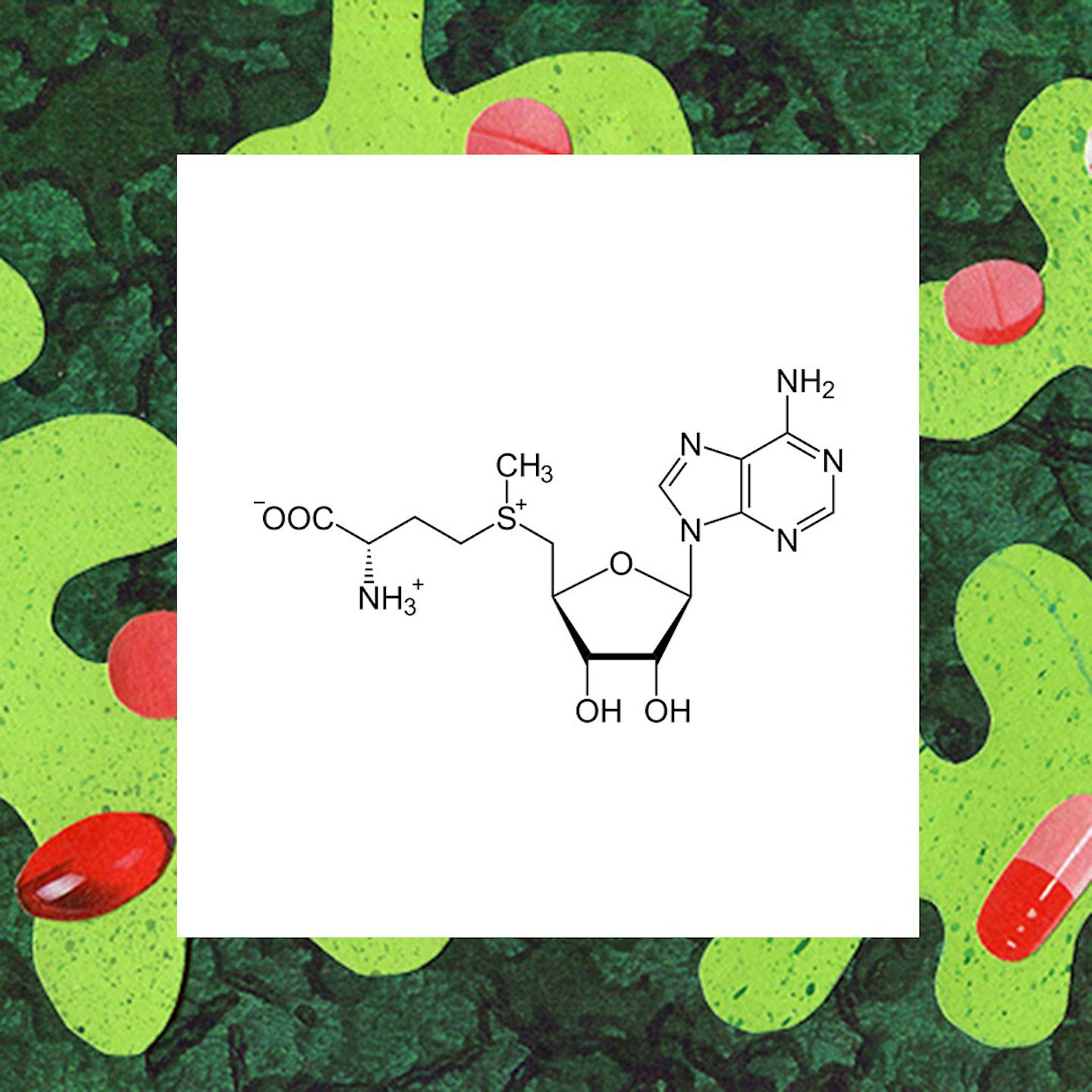 3 of 11
3 of 11S Adenosylemthionine
SAMeis a molecule that the body naturally forms and is available as a dietary supplement. In addition to depression and anxiety, it can be used for many other conditions including heart disease, fibromyalgia, tendonitis and many more. It is also recommended for PMS. It works by making sure that chemicals in the body that play a role in pain, depression, liver disease, and other conditions, actually do their job.
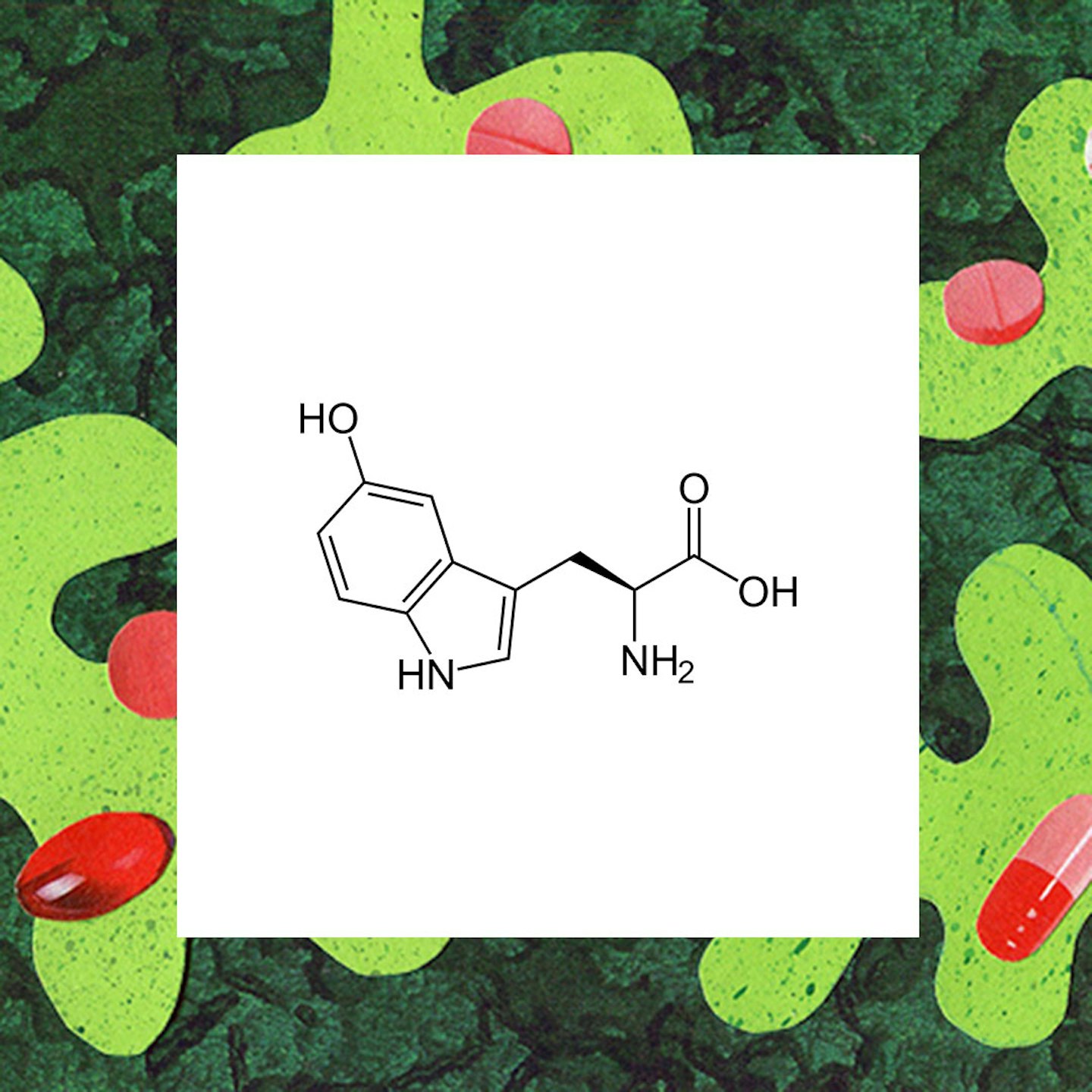 4 of 11
4 of 115-Hydroxytryptophan (5-HTP)
Like SAMe,5-HTP is also a chemical (an essential amino acid) that the body makes naturally. It works by helping to raise the serotonin (the happy hormone) levels in the brain. 5-HTP has been known to have a positive effect on sleep, mood, anxiety, appetite, and pain.
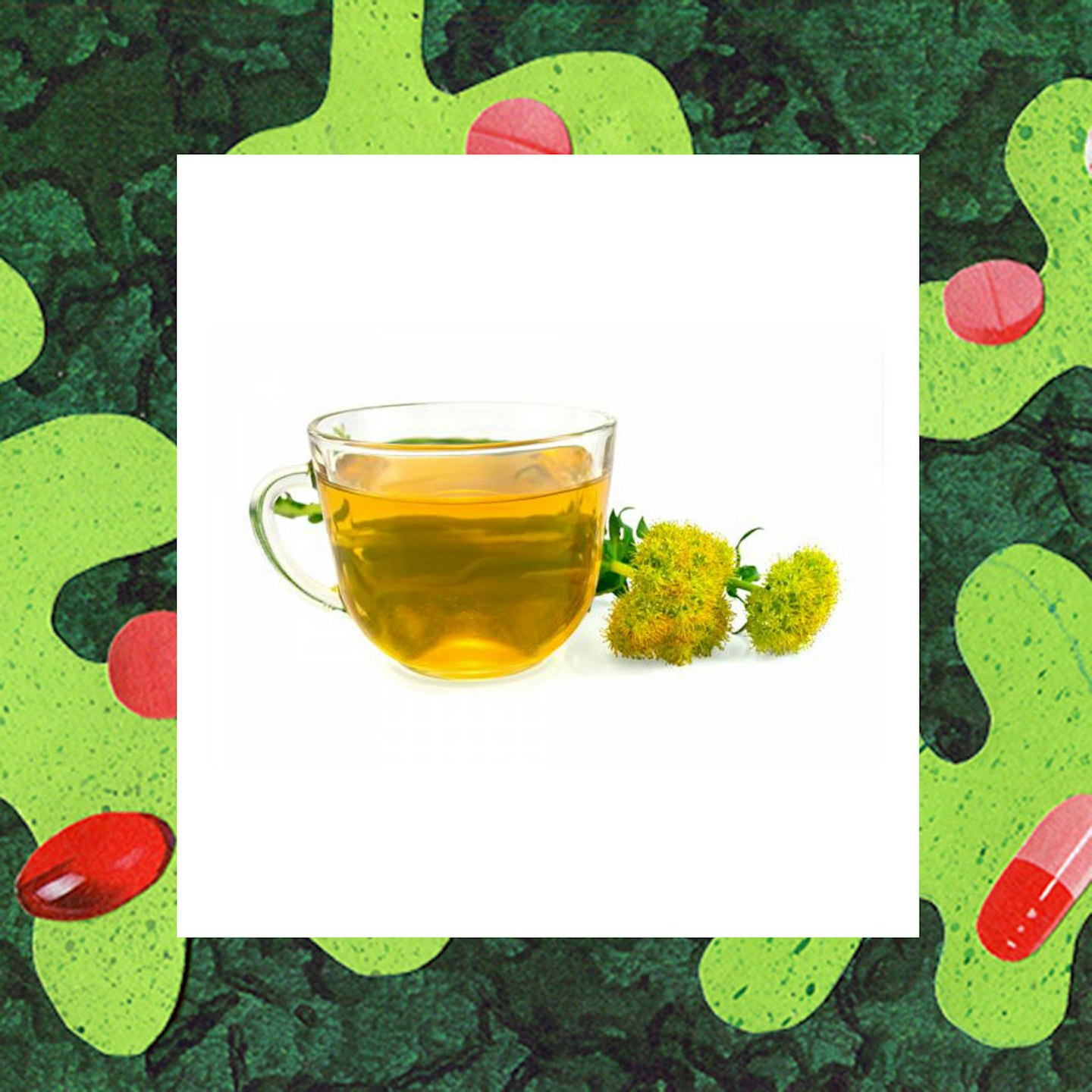 5 of 11
5 of 11Roseroot Herb
A study conducted on whether the Rhodiola Rosea (Roseroot) herb was effective for depression showed that it was almost as effective as the popular antidepressant, Sertraline (Zoloft), but with fewer side effects. The herb boasts strengthening the nervous system, fighting depression, enhancing the immune system and memory, elevating stamina, aiding in weight-loss and increasing sexual function.
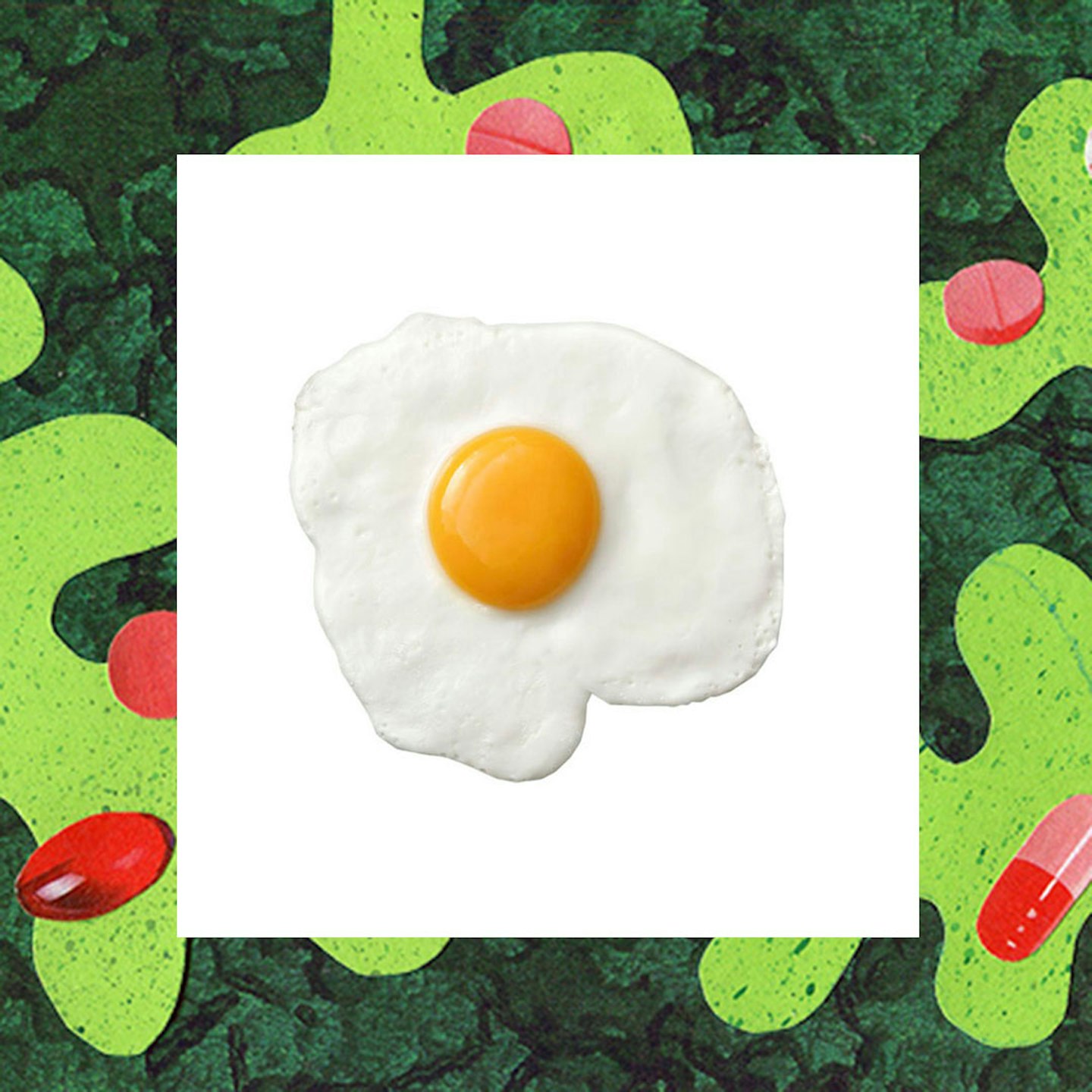 6 of 11
6 of 11Iron
A lot of adults, especially women, suffer from iron deficiency, and guess what? Iron deficiency symptoms are pretty similar to depression symptoms, i.e. fatigue, irritability, and foggy brain. The recommended daily iron allowance in adults is roughly 8 to 18 mg daily (check with your doctor though because everyone's number is different).
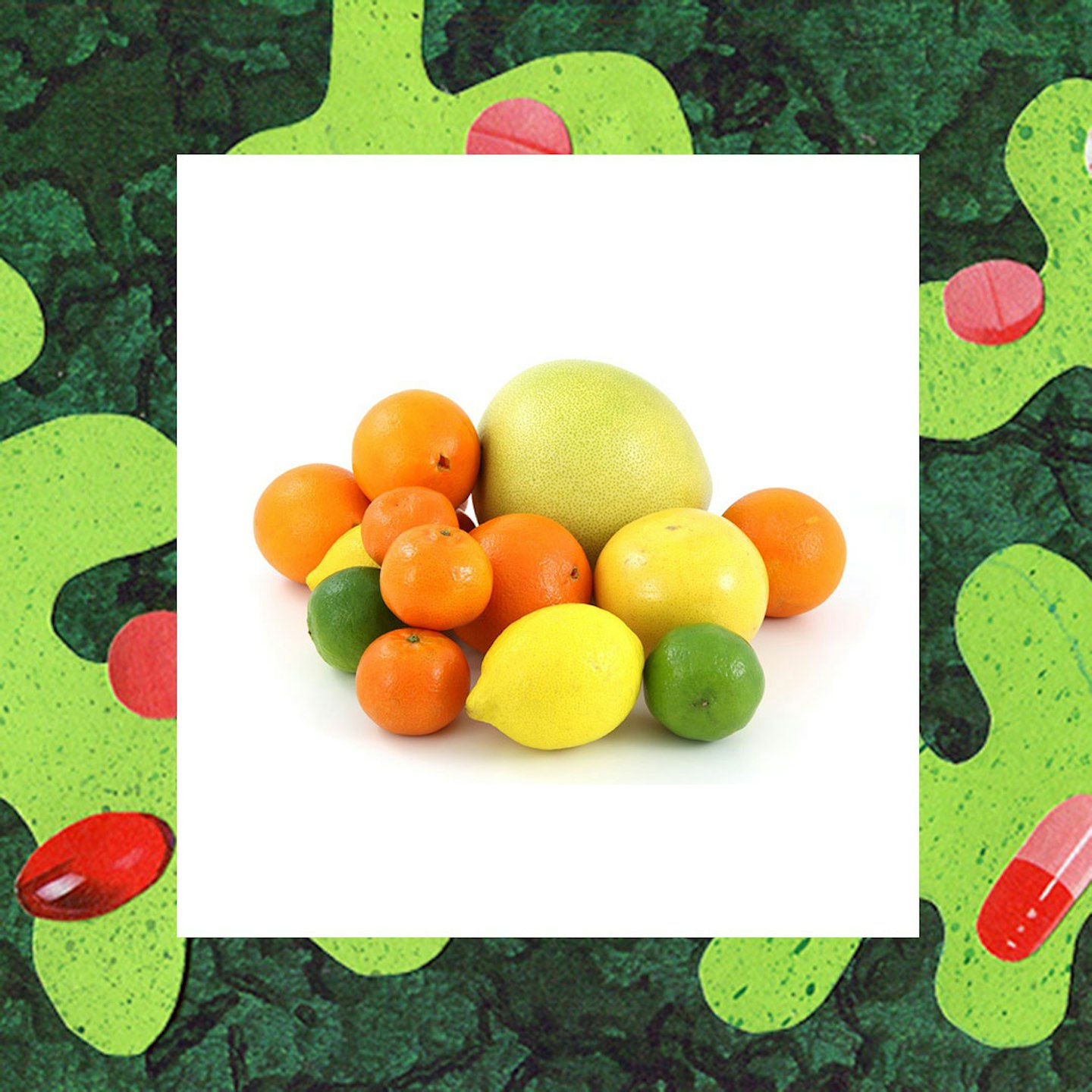 7 of 11
7 of 11Folate
If you don't have enough folate, antidepressants may not work. Some docs prescribe folate along with antidepressants to treat depression and improve the effectiveness the medication. Most adults need at least 0.4mg daily, which you can though food including dark leafy greens, beans and citrus fruit, or as a supplement.
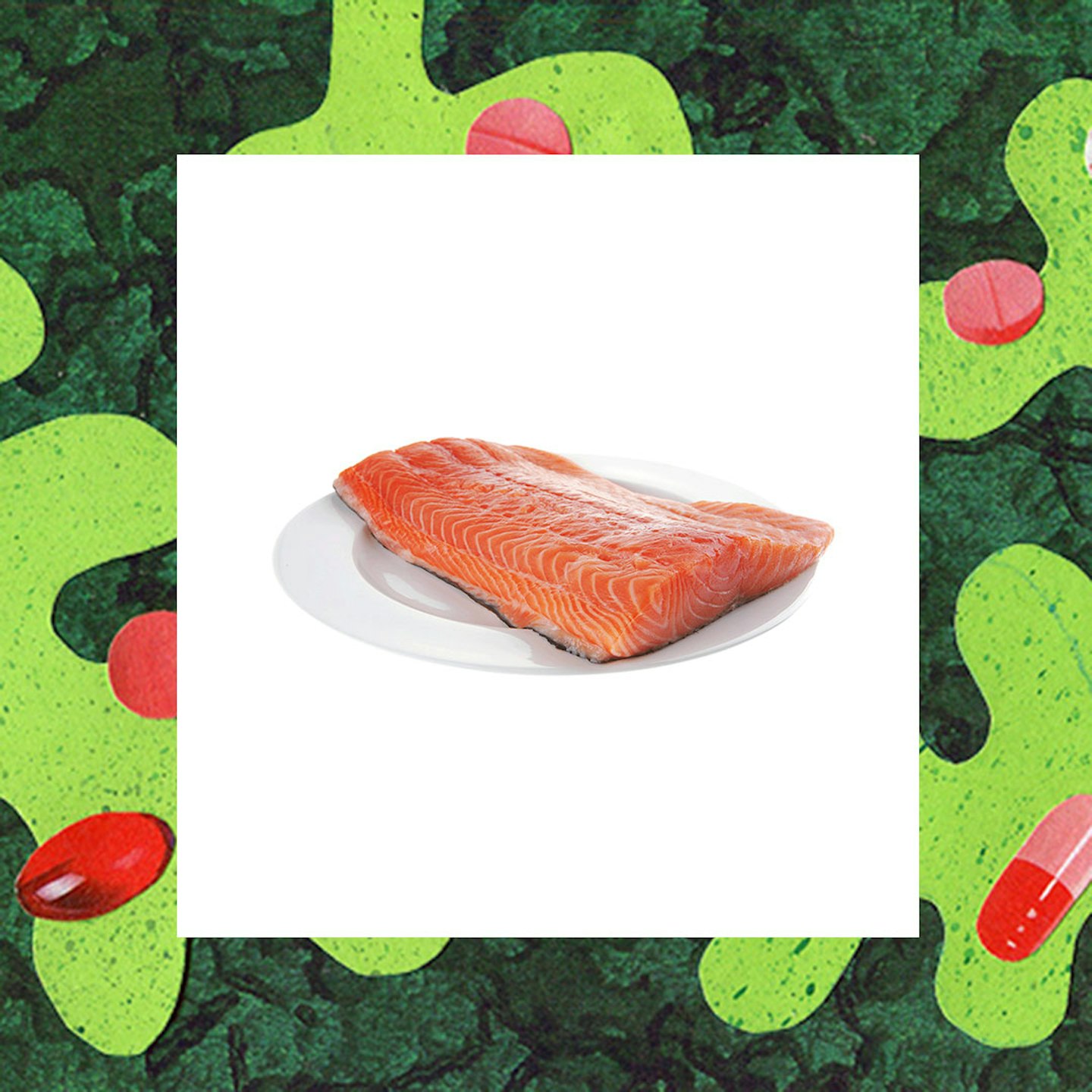 8 of 11
8 of 11B12
Vitamin B-12 and other B vitamins can play a role in producing mood-affecting brain chemicals and low levels of these may be linked to depression. If you have a poor diet and the body can not absorb enough B vits, your mood can be severely affected. Getting a blood test will determine how much of the B goodness you have in your system, and whether you need to stock up. B vitamins are found in animal products like milk, fish, meat and eggs, so if you are a vegan, you should definitely be getting your B's from dietary supplements and vitamins.
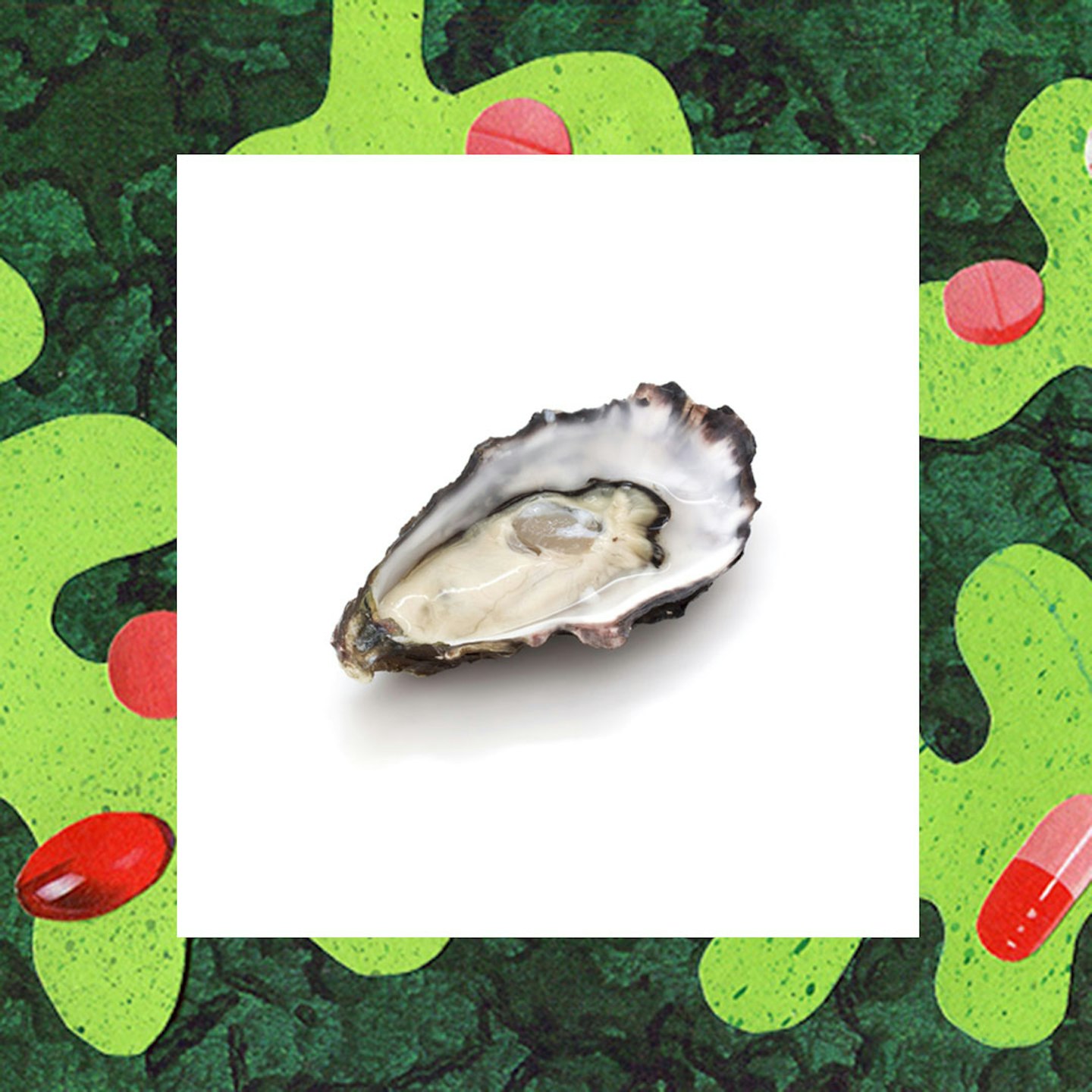 9 of 11
9 of 11Zinc
Zinc is crucial to our system as it activates our digestive enzymes breaking down food, and helps prevent food allergies, which can avert depression. It also helps our DNA to produce and repair proteins, control inflammation and boost our immune system.
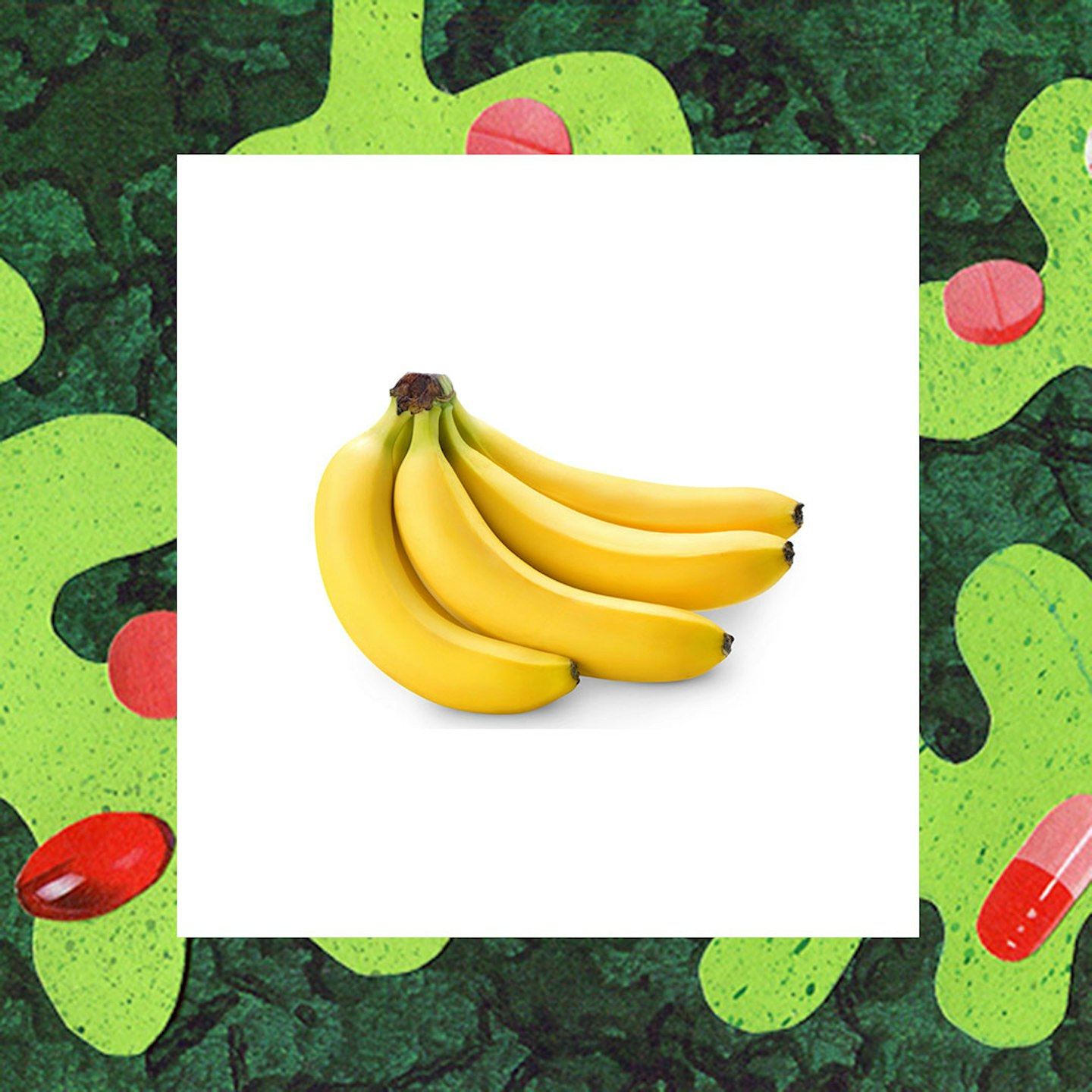 10 of 11
10 of 11Tryptophan
Tryptophan is an essential amino acid which you get through food such as bananas, tamarind, oats, sesame seeds, kiwi and watermelon. Once in the body, it converts to niacin, serotonin and melatonin. Most antidepressants work by increasing the amount of serotonin in the brain and Tryptophan helps to increase serotonin levelswithout the extreme side effects of meds.
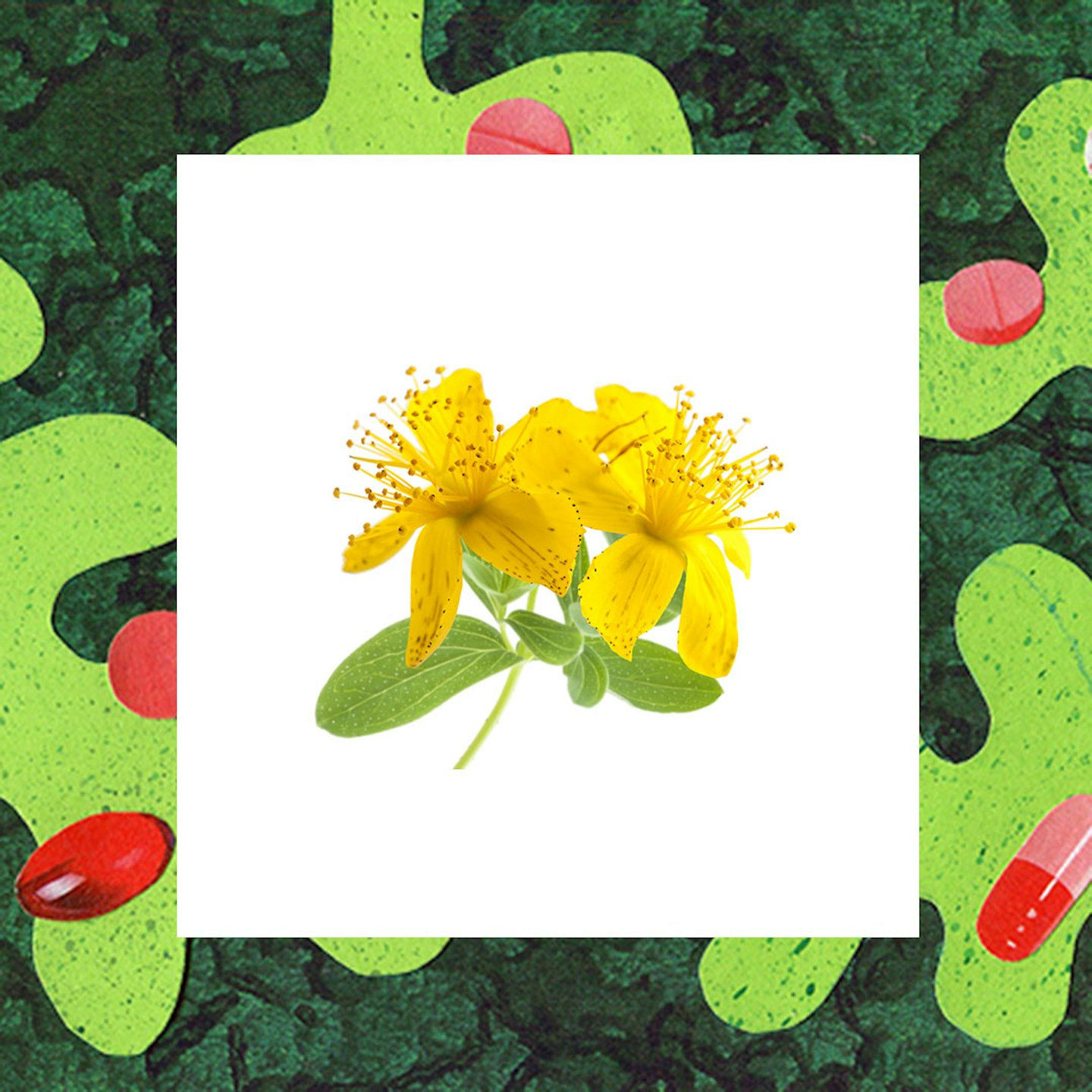 11 of 11
11 of 11St John Wort
St John's Wort has been around for yonks and is one of the most popular natural methods used for dealing with stress, anxiety and depression. It's a plant with yellow flowers. There has been some scientific evidence that St. John's wort may be helpful in treating mild depression. It's been claimed that it works just like regular antidepressants in that it inhibits the reuptake of the neurotransmitters serotonin, norepinephrine, and dopamine.
One hypothesis from David Nichols, professor of pharmacology at University of North Carolina, is that MDMA induces a release of serotonin and dopamine. The increased serotonin produces the happy feelings but then slowly fades leading to depleted serotonin stores in the brain. The dopamine takes advantage of this and binds to the serotonin receptors causing oxidative damage.
'I would say there's almost zero controversy that at high doses and high frequency, MDMA causes damage to the serotonin systemin rodents,' says Matthew Johnson, professor of psychiatry and behavioural sciences at Johns Hopkins University. For humans, a 2016 study on a high-level human user of MDMA found long-term damage to the serotonin nerves. (However, this subject used a variety of drugs, which could have also contributed to the damage.) The jury has been out on if small, infrequent doses of MDMA can cause permanent damage in humans.
'There isn't any evidence that a few doses is having any [damaging] effect,' Johnson says. 'Low scale use isn't showing any dramatic effects'. To be fair, he adds, most neurotoxicity studies are done on rodents, and they're given a much higher dose relative to their body mass than any but the most extreme human.
Katie crowned herself 'the supplement queen' at festivals. She remains armed with the goods for pre- and post-loading. Her typical batch includes alpha lipoic acid, magnesium, grapefruit juice, SSRIs and 5-HTP. SSRIs (selective serotonin reuptake inhibitors) included antidepressant medications, like Prozac and Zoloft. Similarly, Alice tells me in confidence that she and a friend once feigned a fear of flying so that they could stockpile Diazepam (aka Valium) on prescription from their GPs.
All these supplements-except the SSRIs and the Diazepam-can be purchased over-the-counter in pharmacies and health stores.
While these supplements have known medical uses and scientific effects, their interaction with MDMA is more theoretical. There are few studies directly linking the supplements and prevention against MDMA toxicity, causing recreational users to extrapolate from the more traditional prescriptions.
Some of these pills could be more effective than others. 'I would put SSRIs at the top for protecting against neurotoxic effects', Nichols says. 'We actually used it in our lab studies [to block serotonin transport and test how the that effects the brain]' he tells me.
SSRIs block serotonin receptors. Taken before a dose of MDMA this will apparently suppress the desired high entirely. Nichols says that taken after a dose roll, the SSRIs block dopamine from binding and damaging the receptors. Other antidepressants, however, like monoamine oxidase inhibitors shouldn't be combined with MDMA, as they can produce serotonin syndrome, a painful and possibly fatal condition caused by high levels of serotonin in the brain.
5-HTP, a serotonin precursor, is used to combat the most immediate concern for recreational users: the depression or hangover that occur post-drop colloquially known as 'Suicide Tuesday'. A thread on the subreddit, DrugNerdssuggests taking it for a week after taking MDMA. However, scientists have some concern over this supplement because taking it before a dose of MDMA could cause a dangerous level of serotonin leading to serotonin syndrome as well.
Alpha lipoic acid has been used for neuropathy in diabetes patients and as a treatment for Alzheimer's. The logic for MDMA users is the antioxidant crosses the blood-brain barrier and by donating its extra electron, prevents the oxidative damage caused by dopamine. A 1999 study in ratsdemonstrated that this alpha lipoic acid claim has some merit. One of the side effects of MDMA is a rise in core body temperature that has been theorised to contribute to the neurotoxic effects. But in the 1999 study, scientists saw a decrease in serotonin neurotoxicity while the rats still experienced a higher than average body temperature.
'[The antioxidant effects] aren't trivial', Johnson says. 'These are real sizeable effects. The damage to the serotonin system is substantially reduced in animal studies'. But there's no evidence of success in humans in yet but taking a few antioxidants isn't in anyway harmful so it can't hurt.
Magnesium has also become part of the harm reduction armamentarium. Magnesium is a known muscle relaxant. Athletes frequently use it after a workout. But MDMA users have introduced the mineral to their regimens to combat jaw clenching, a common side effect of the drug.
'If you have been dancing, and clenching your jaw all night', Peter Addy, a psychoactive drug research scientist at Yale University, says 'taking some magnesium is sure to help'.
Grapefruit juice-which some MDMA users drink to counteract some of the effects-has a long history of interacting with prescription medications. While in some cases that's a problem, it can be a win when it comes to using psychoactive drugs. The compounds in the fruit inhibit certain enzymes, including CYP3A4 and CP2D6, which keeps the drug circulating in the body for much longer. Drug experimenters discovered that the same set of enzymes convert MDMA to its much more neurotoxic sister, MDA. The logic suggests drinking the juice could decrease the neurotoxicity.
'There's nothing wrong with that idea and connecting the dots in that way' Addy, says. 'It just hasn't been done in a double-blind placebo-controlled study'.
But Nichols thinks that claim is inflated. 'MDMA is already neurotoxic', he says. 'Any decrease [from inhibiting metabolism into MDA] would be infinitesimally small. It would just prolong the effects of MDMA'.
While all these supplements garner some degree of skepticism from scientists, the oral history among drug users has been building for decades. Years of trial and error by self-appointed psychonauts have created these 'guidelines' for newcomers, all with the goal to make experimenting with drugs as safe as possible. They have focused on preventing brain damage as deaths from MDMA are relatively rare. In 2015, the ONS reported that 24 people in the UK died from MDMA.
The overall trend has been downturn in the frequency of MDMA use, further demonstrating the rise in responsible drug culture. In 2003, 20 per cent of MDMA users identified as frequent users, in 2016 only 7 per cent qualified. And 69 per cent of respondents reported only taking the drug once or twice a year.
'I want [drugs] to be a long-term factor in my life', Katie says. 'I want it to be a healthy part of my life. And ultimately, if I want to do this again and I want to have a good time, why wouldn't I take care of myself?'
*Obviously, you shouldn't take drugs *
None of the professionals quoted in this article endorse taking MDMA or are prescribing these supplements to users If you have concerns about drug related issues contact Talk to Frank
This article originally appeared on The Debrief.
